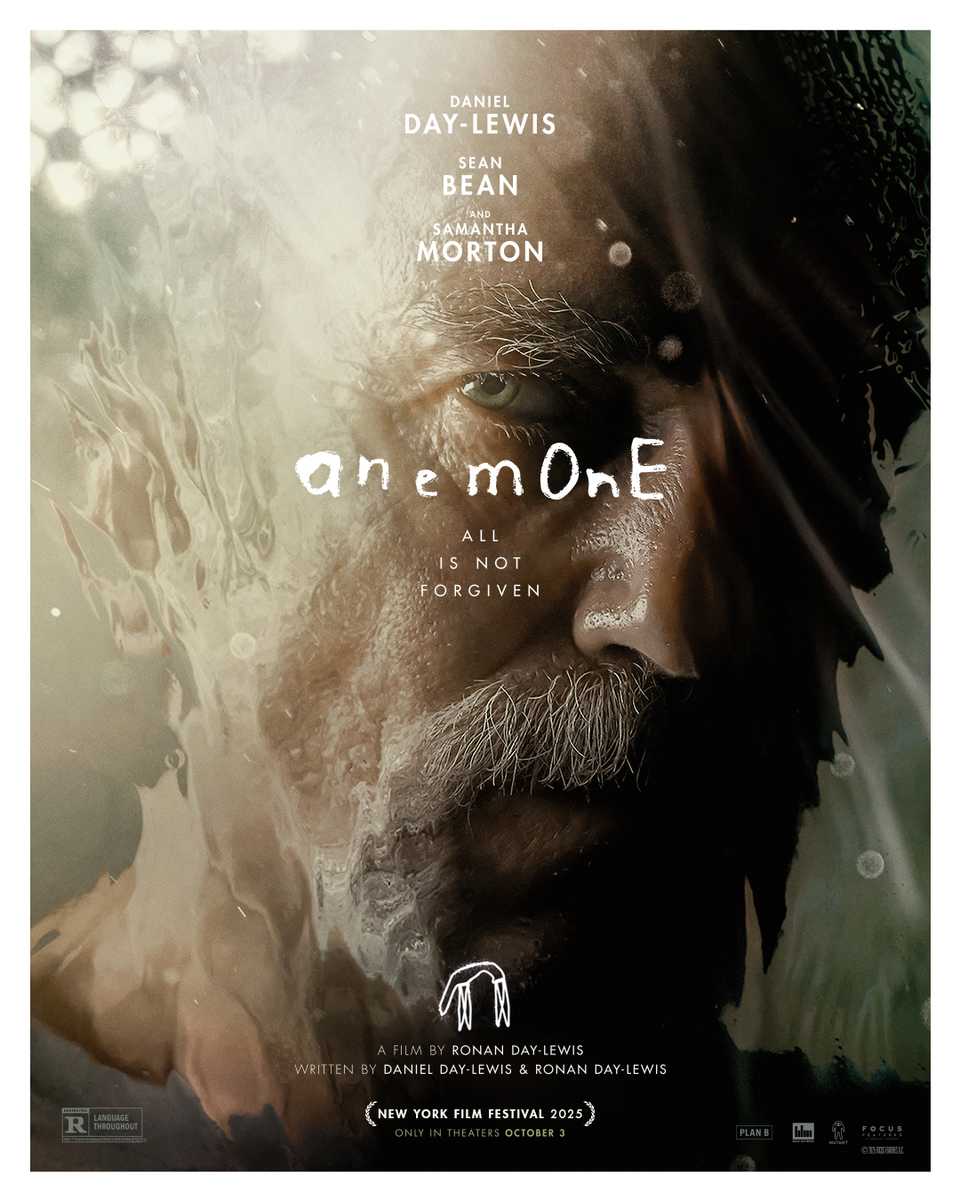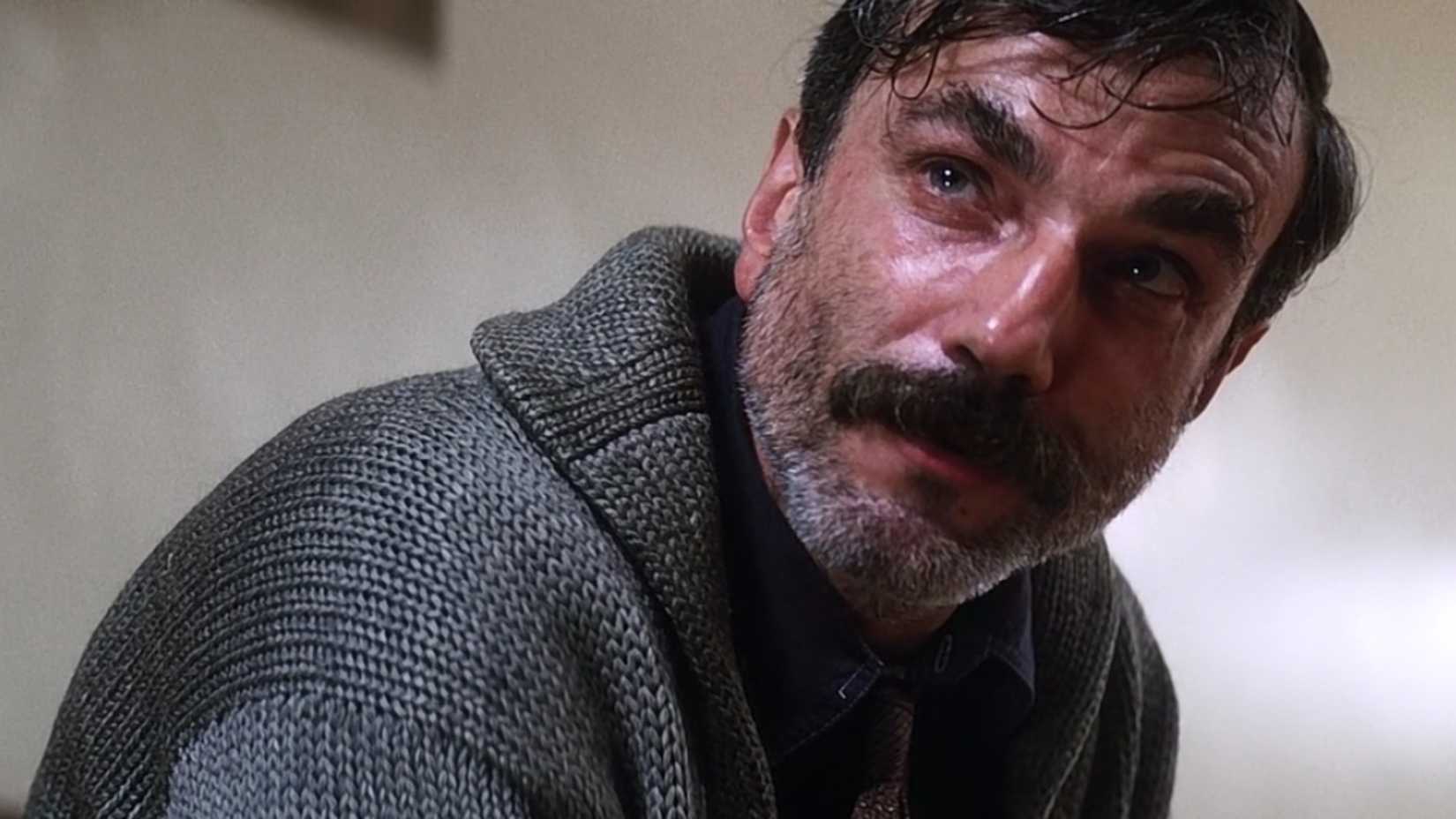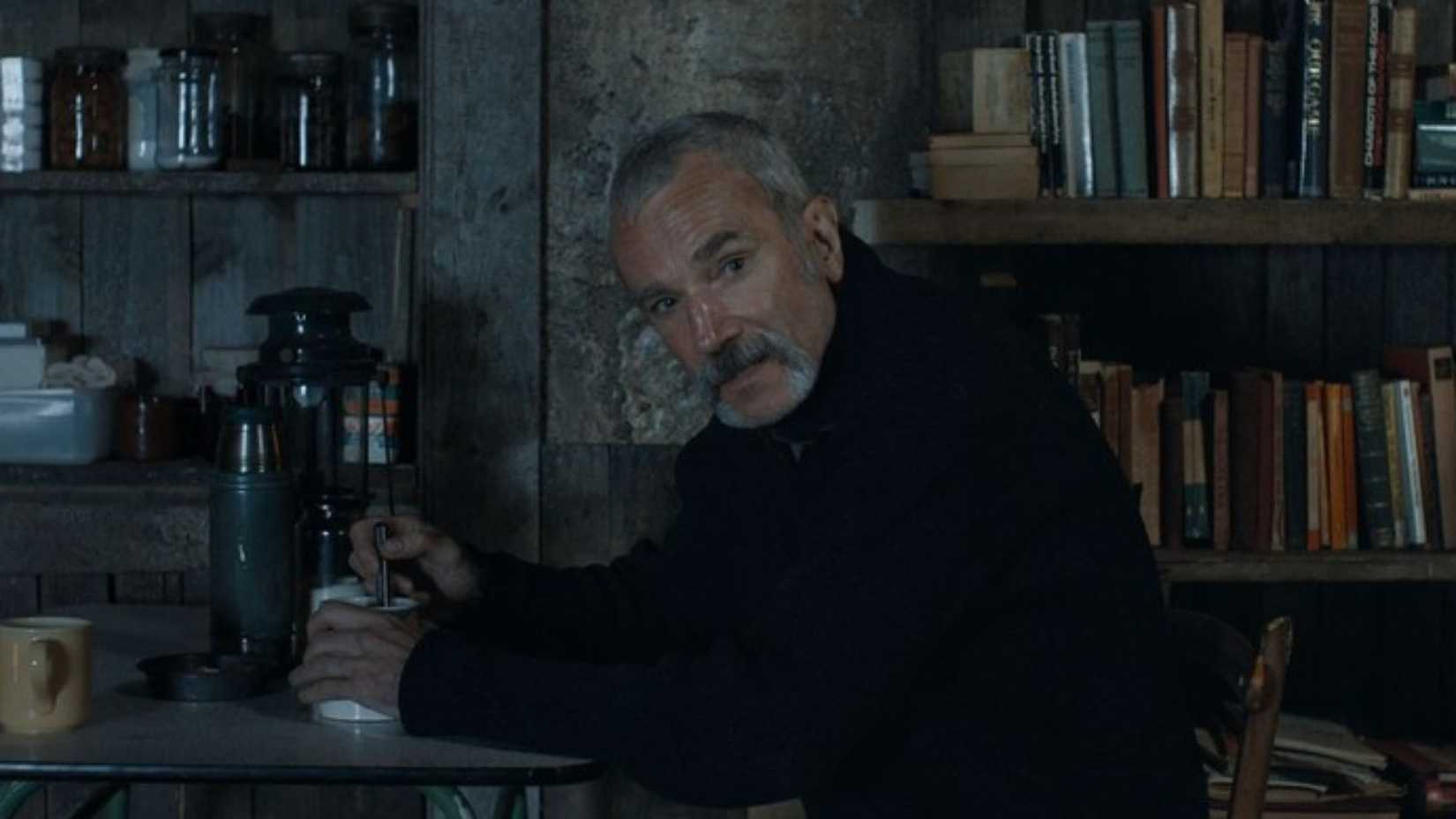When Daniel Day-Lewis announced his retirement from acting in 2017, the three-time Academy Award winner had long cemented his status as one of the greatest actors in history. If Day-Lewis were to return to acting, it was expected he would work with a director of the caliber of Paul Thomas Anderson, who directed Phantom Thread, or Steven Spielberg, who helmed the 2012 historical drama Lincoln, earning Day-Lewis his third Best Actor Oscar. However, the actor confounded expectations in 2024, when he became attached to star in the psychological drama film Anemone, which marks the feature directorial debut of his son, Ronan Day-Lewis, with whom Daniel co-wrote the film’s script.
While Day-Lewis’s return to acting has been welcomed with respectful critical praise, the level of audience anticipation is decidedly muted for Anemone, which was released in North America in less than 900 theaters with modest box-office expectations. The general critical consensus for the film, which presently holds a 56% Rotten Tomatoes rating, is that Day-Lewis gives a compelling performance in service of an otherwise deeply flawed film. Indeed, the cryptic, disjointed Anemone, which is titled after a flower, seems like a murky exercise in obscurity that’s primarily of interest to the father and son who made it.
Daniel Day-Lewis Can’t Save ‘Anemone’
Set in the aftermath of the settling of the Troubles conflict in Northern Ireland, Anemone stars 68-year-old Daniel Day-Lewis as Ray Stoker, a hermit who lives in a primitive and remote cabin in the woods of Northern England. He’s visited by his estranged brother, Jem, who hopes to convince Ray to return home to his teenage son. Like Day-Lewis’s iconic oil tycoon Daniel Plainview in 2007’s epic drama There Will Be Blood, Ray is a man of intense anger who constantly seems on the verge of snapping. Day-Lewis captures this emotional state effortlessly, using just a gaze that radiates simmering rage.
While Day-Lewis projects a commanding presence throughout Anemone, his powerful performance also serves to highlight the film’s repetitive emotions and weak narrative structure. His presence ultimately becomes too big and unwieldy for Anemone, in which Ray’s lengthy and searing tirades have the effect of turning the rest of the film’s talented cast into human pincushions.
The most direct victim of this is Sean Bean, for whom the somewhat thankless role of Jem requires him to mostly cower in Ray’s frightening presence while avoiding asking questions and otherwise politely nodding at everything Ray says. Visually stunning but dramatically inert, Anemone feels like a masterclass in acting, with Day-Lewis infusing his performance with a level of commitment that feels disconnected from the rest of the film.
Day-Lewis Has Limited Box-Office Appeal
While the release of Anemone is a cause for celebration for anyone who appreciates Daniel Day-Lewis’s historic career and the craft of acting, the publicity surrounding his return to acting has overshadowed the film, which has been marketed to arthouse audiences. Just as Day-Lewis’s eight-year hiatus from acting has contributed to a relative lack of audience enthusiasm for Anemone, this is also emblematic of his box-office drawing power. While several of his previous films have been successful, his star-driven vehicles have generally performed poorly at the box office throughout his career.
The biggest box-office success of his career is Lincoln, which grossed $273 million at the worldwide box office, followed by the $183 million worldwide gross of the Martin Scorsese-directed and Leonardo DiCaprio-starring 2002 epic historical drama film Gangs of New York. However, Day-Lewis’s most recent star-driven vehicle before Anemone, Phantom Thread, grossed just over $21 million domestically. His previous collaboration with Paul Thomas Anderson, There Will Be Blood, for which Day-Lewis won his second Academy Award for Best Actor, ranks as his highest-grossing star-driven vehicle, with a worldwide box-office gross of just over $77 million.
‘Anemone’ Showcases Daniel Day-Lewis’s Greatness
One of the most interesting aspects of Daniel Day-Lewis’s career, and one of the reasons why he’s never had the same level of box-office appeal as so many of his lesser-talented contemporaries, is his distinctly selective nature. Anemone only marks his fifth screen acting appearance over the past 20 years. The eight-year acting hiatus that Day-Lewis embarked on after starring in Phantom Thread also raised doubts regarding whether he would be able to equal his previous greatness with future performances after being away from acting for so long.
While Anemone has been correctly judged to be largely unworthy of Day-Lewis’s incomparable talent, the film nonetheless serves as clear evidence that he didn’t lose any of his magnetism and power as an actor during his retirement. Whether Day-Lewis continues acting after Anemone, the most exciting aspect of watching the film is imagining how much he could still achieve in a better movie with stronger dialogue and a more skilled director. Anemone is now playing in select theaters.

- Release Date
-
October 10, 2025
- Runtime
-
97 minutes
- Director
-
Ronan Day-Lewis



